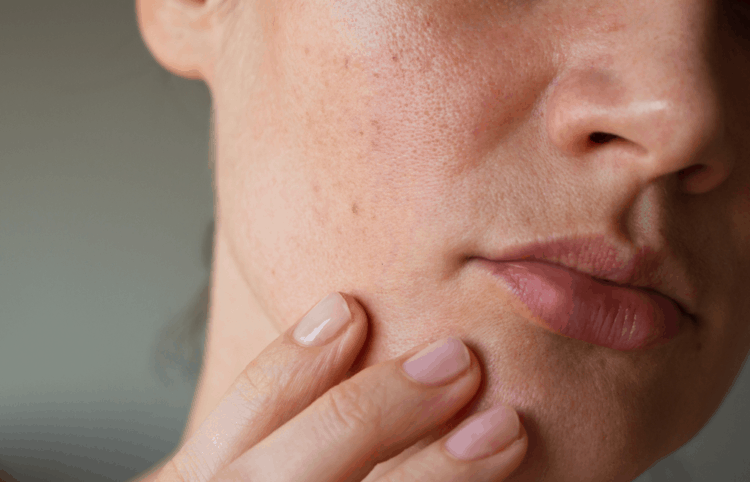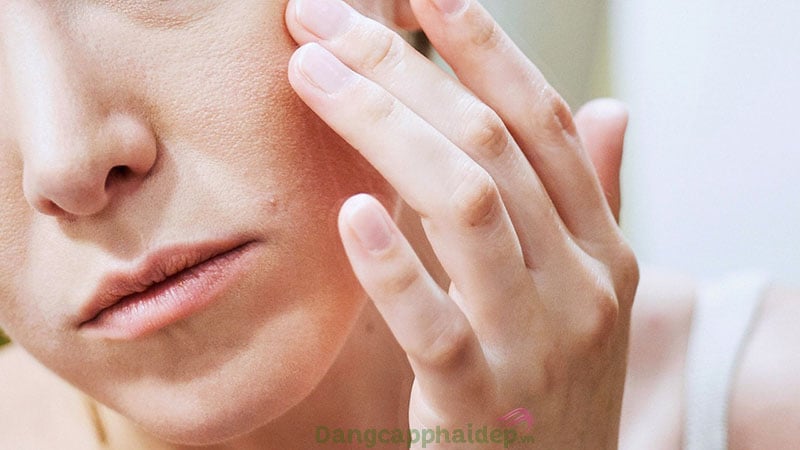As the weather transitions to dry conditions, skin tends to lose its natural moisture, quickly becoming tight and prone to the formation or deepening of fine lines. The primary cause is the depletion of water within the skin and the weakening of its natural protective barrier.
Trans-epidermal water loss is the first factor. In dry, cold air or prolonged exposure to air-conditioned environments, moisture within the skin is drawn outward, leading to faster dehydration. When hydration is insufficient, the skin’s surface becomes rough, less elastic, and more susceptible to fine lines around the eyes and mouth. While these are initially temporary wrinkles caused by dehydration, prolonged dryness can turn them into permanent creases.

Additionally, the skin’s lipid barrier—responsible for protection and moisture retention—is compromised by cold winds and dry air. When damaged, its ability to lock in hydration diminishes significantly, leaving skin sensitive and irritation-prone. Continuous damage to this barrier disrupts collagen and elastin production, accelerating the appearance of deep wrinkles.
Skincare Routine for Dry Seasons
To safeguard skin during dry, cold weather, adjust your routine to focus on hydration, moisture sealing, and barrier repair.
Start by boosting hydration with humectants like hyaluronic acid, glycerin, or polyglutamic acid. These ingredients attract moisture from the environment and bind it to the epidermis, leaving skin plump and reducing tightness and fine lines. Apply hyaluronic acid serums to damp skin for optimal absorption.
Next, restore the barrier with ceramides and niacinamide. Ceramides strengthen the skin’s natural lipid layer, acting as “mortar” between cells to enhance moisture retention and reduce sensitivity. Niacinamide stimulates ceramide production, improves elasticity, fades fine lines, and minimizes aging signs.
Sealing in moisture is crucial. Lightweight gels or lotions are insufficient in dry climates. Opt for richer creams with emollients like shea butter, squalane, or natural oils. For very dry skin, add a few drops of argan or jojoba oil as the final nighttime step to create a protective seal.

Alongside hydration, shield skin from environmental aggressors. UV rays persist even on cloudy days, so daily sunscreen is non-negotiable. Use a humidifier indoors to balance air moisture, counteracting dryness from heating or air conditioning.
Finally, reduce the frequency of potent actives like retinoids or chemical exfoliants to 1–2 times weekly to avoid irritation. Incorporate hydrating masks 2–3 times weekly for instant moisture and soothing relief.



































